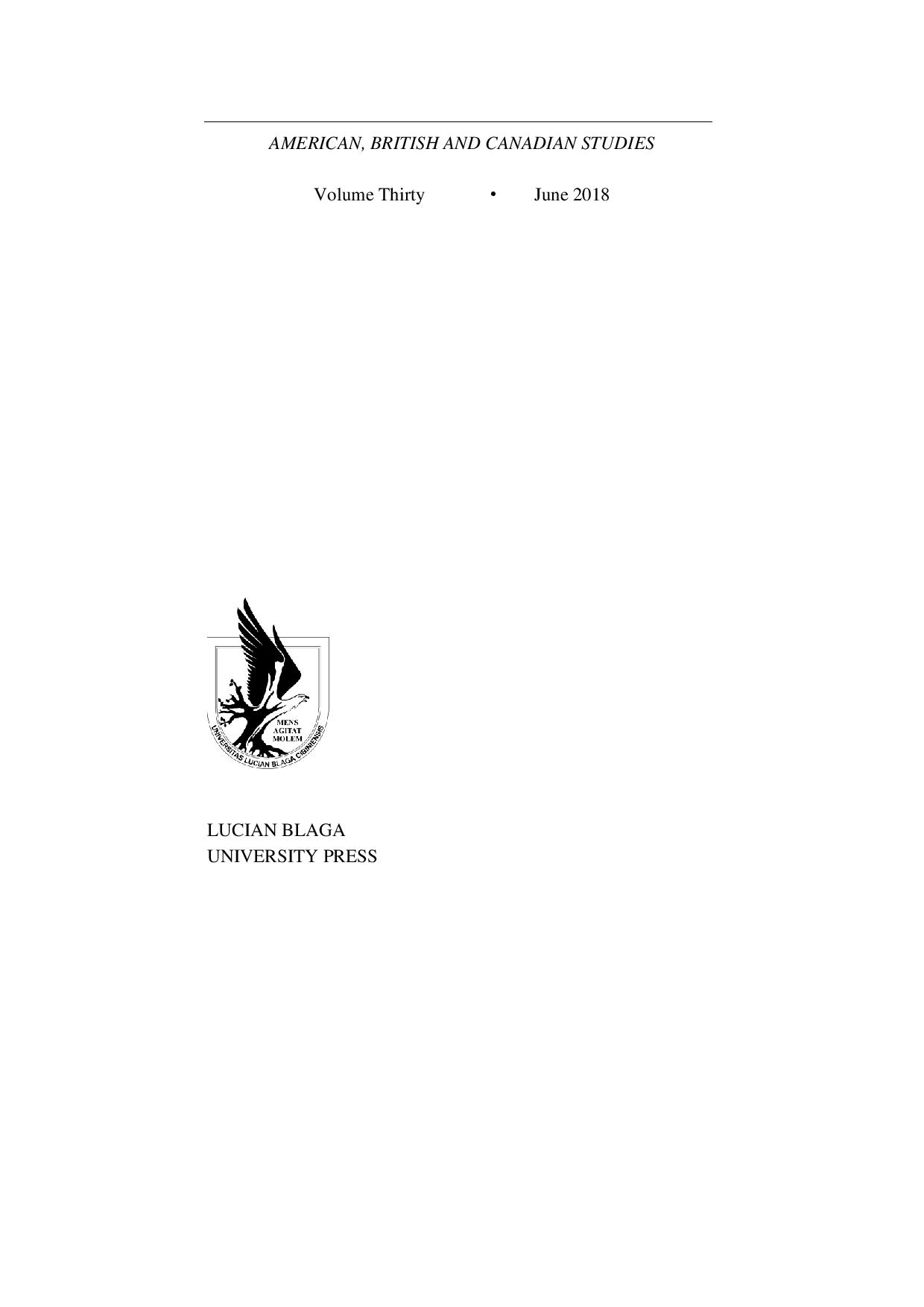Material Excess and Deadly Dwelling in E.L. Doctorow’s
Homer and Langley
Material Excess and Deadly Dwelling in E.L. Doctorow’s
Homer and Langley
Author(s): Anamaria SchwabSubject(s): Studies of Literature, Novel
Published by: Editura Universitatii LUCIAN BLAGA din Sibiu
Keywords: E.L. Doctorow; Homer and Langley; material culture; selfreliance; excess; regress; nineteenth century; twentieth century;
Summary/Abstract: In Homer and Langley, E.L. Doctorow’s 2009 novel of New York City, the author focuses on past Manhattan, which he sees as the epitome of his own self-destructive modern and contemporary society. I would argue that Doctorow acts here mainly to denounce excessive material culture in the context of egotistic, upper-class Manhattan dwelling at the end of the nineteenth century. I would also like to show that the novelist criticizes the idea of material progress along more than a hundred years, from the end of the nineteenth century, when the plot starts, to the beginning of the twenty-first century, when the novel was written. The self-contained, isolated world in the novel is the result of our society’s propensity for excessive production and consumption. At the same time, Homer and Langley brings to mind ideas of exhaustion of the human, who agrees to be literally replaced by objects. The fact that such a phenomenon occurs already at the end of the nineteenth century suggests that there might have never been a plenary moment of being human, as we have long entertained the closest possible relationship and even synthesis with the non-human world of objects and tools.
Journal: American, British and Canadian Studies
- Issue Year: 2018
- Issue No: 30
- Page Range: 93-113
- Page Count: 21
- Language: English
- Content File-PDF

